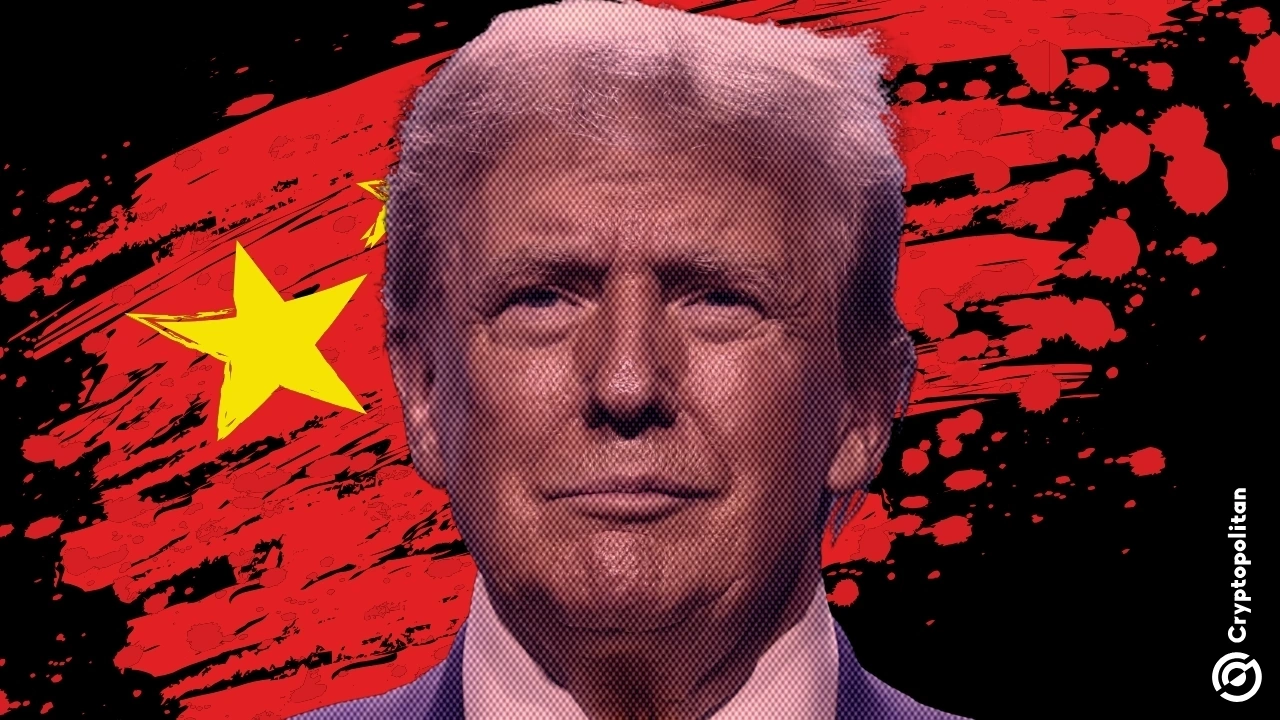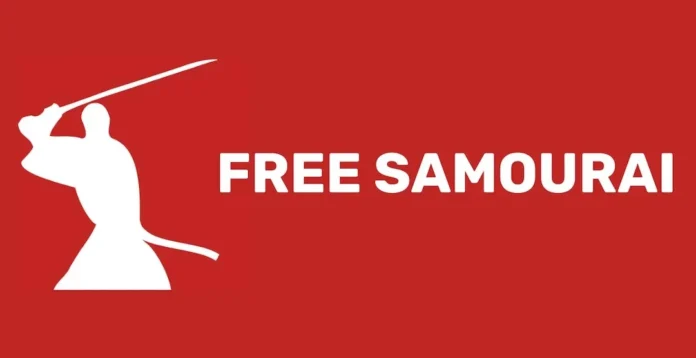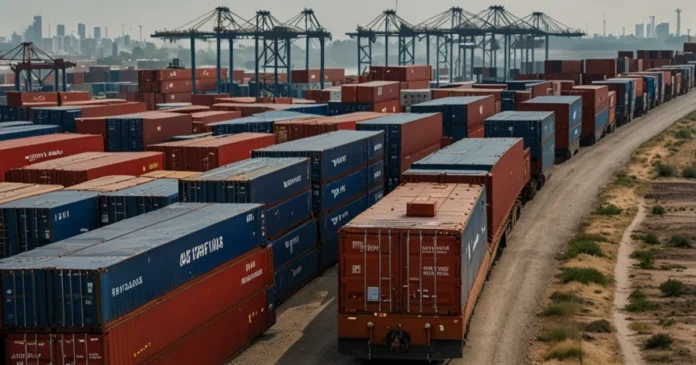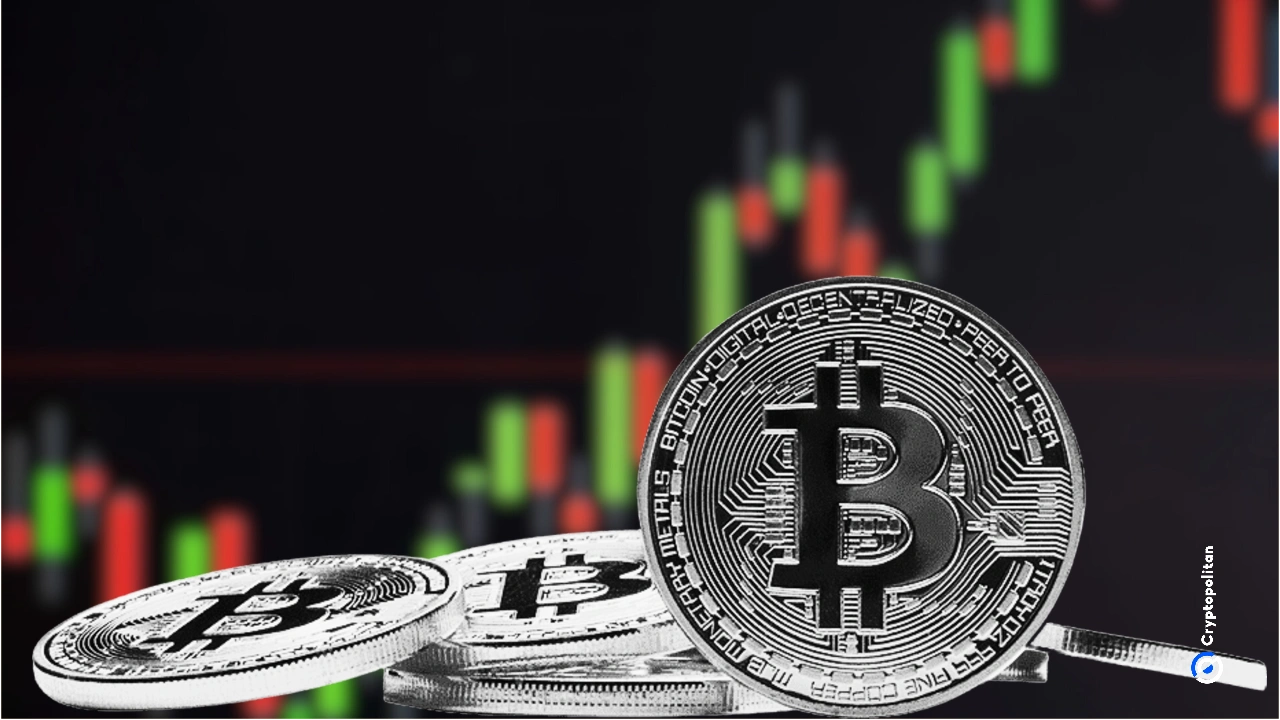President Donald Trump told reporters Thursday that he would negotiate with Beijing to reduce tariffs on Chinese imports. Speaking in front of the press during the White House meeting, Trump insisted he “would love to be able to work a deal” with China.
“They’ve really taken advantage of our country for a long period of time. They’ve ripped us off beyond anybody,” Trump said. “We’re just putting it back in shape. We’re resetting the table.”
The comments came on the day the White House announced tariffs on Chinese goods had been increased by 20%, taking the whopping rate to 145%.
News from Washington also caused financial markets and the US dollar to nosedive. The Dow Jones Industrial Average dropped 2.5%, the S&P 500 fell 3.2%, and the tech-heavy Nasdaq plunged 4.31%.
Thursday’s declines marked the fifth losing session in the last six sessions, interrupted only by Wednesday’s brief rally after Trump announced a 90-day pause on tariffs for several countries.
Economists warn tariffs could cripple trade
According to several trade experts, Trump’s newly announced tariff rates could curtail the large revenue of US-China commerce. One of them, Erica York, vice president of federal tax policy at the Tax Foundation’s Center for Federal Tax Policy, said that at such high levels, most trade would “grind to a halt.”
“Generally, if you get north of a triple-digit tariff, you are cutting off most trade,” York said Thursday in an appearance on CNBC. She added that the average tariff rate under Trump’s policy had clocked levels unseen since the 1940s.
A 125% tariff on China is still apocalyptic, why are people acting like this is over.
— Everything Price Sufferer (@agraybee) April 9, 2025
York also noted that while some goods may still trickle through, especially with no domestic substitutes, the price burden would fall not on China but entirely on US-based companies and consumers.
Still, members of the Trump administration seem unbothered about the effects of cutting out Chinese goods to the US stock market.
“It’s just normal retracement after a big day. It’s no big deal,” said White House Senior Trade Advisor Peter Navarro, speaking to CNN after markets closed Thursday. He lambasted the financial media coverage on trade levies and suggested it was politically motivated.
“I think CNBC’s gonna sue CNN for intruding on their financial analysis,” Navarro quipped.
China does not take US tariffs lightly
The Chinese Foreign Ministry’s office in Hong Kong issued a statement yesterday denouncing the Trump administration’s tactics.
“We must solemnly tell the US that a tariff-wielding barbarian who attempts to force countries to call and beg for mercy can never expect that call from China.”
~ the statement read.
Trump, for his part, believes his relationship with Chinese President Xi Jinping will calm the wavy waters, calling him “a friend” and predicting an eventual resolution.
“I’m sure that we’ll be able to get along very well. I have great respect for President Xi. He’s been, in a true sense, he’s been a friend of mine for a long period of time. And I think that we’ll end up working out something that’s very good for both countries. I look forward to it.”
~ the POTUS remarked.
The effects of Trump’s tussle with Xi Jinping are already being felt among small businesses. In a Fox News segment aired Thursday, a special needs toy importer described how his tariff bill skyrocketed from $26,000 to $346,000 overnight due to a hike in his Chinese imports.
“They think foreign countries have to pay the tariff. That’s not true. Tariffs are being paid by Americans,” the business owner said.
Donald Trump himself admitted there will be “a transition cost and transition problems” due to his administration’s trade stance, although he insists the disruption would ultimately be worth it.
What is the true stance of the Trump government vis-à-vis tariffs?
Most liberal lawmakers are well against President Trump’s way of going about business and are even accusing the US CIC of manipulating the markets. But, as Cryptopolitan reported earlier this week, some GOP leaders aren’t sure Trump is making the right call.
After weeks of trying to mount a “strong front” and pushing a “we will not negotiate” sentiment, Treasury Secretary Scott Bessent told reporters that new deals being struck with other countries would eventually bring “more certainty on trade policy.” He did not elaborate on which agreements were near completion.
Commerce Secretary Howard Lutnick added that about 75 nations have approached the US to discuss trade deals. “I’m not sure we could ever have enough time in the day to talk to all these countries,” Lutnick surmised.
Yet the president warned that the paused tariffs from Wednesday could be revived at any time if talks fail.
“If we can’t make the deal that we want to make… then we go back to where we were,” Trump argued, reiterating his preference for country-specific tariffs that would be “good for both parties.”
The administration has maintained its baseline 10% tariffs on most imports, but with China, rates are seemingly going up by the day.
“We’re just trying to make things right,” Trump said at a recent Cabinet meeting. “It’s not personal. It’s policy. But it’s going to be a beautiful thing.”
Cryptopolitan Academy: Coming Soon - A New Way to Earn Passive Income with DeFi in 2025. Learn More
















No comments yet